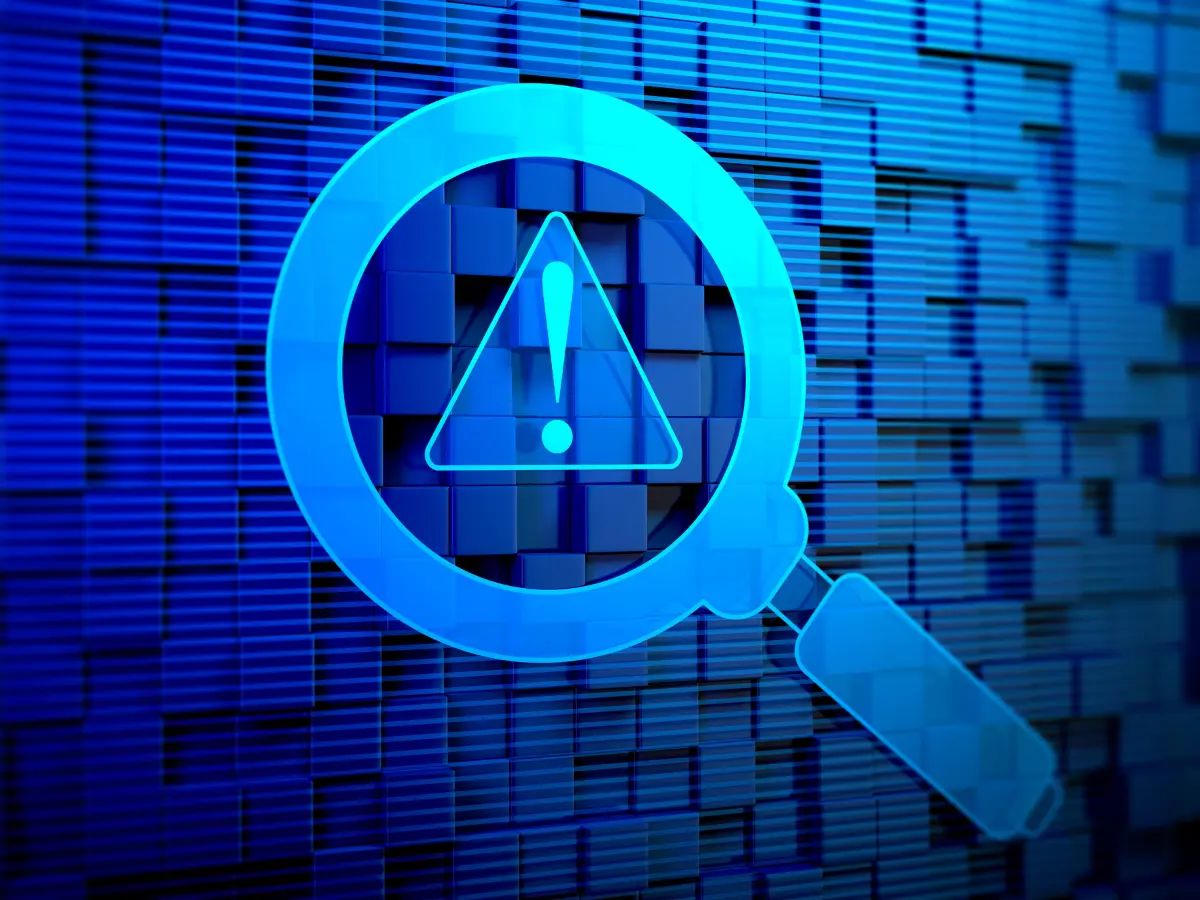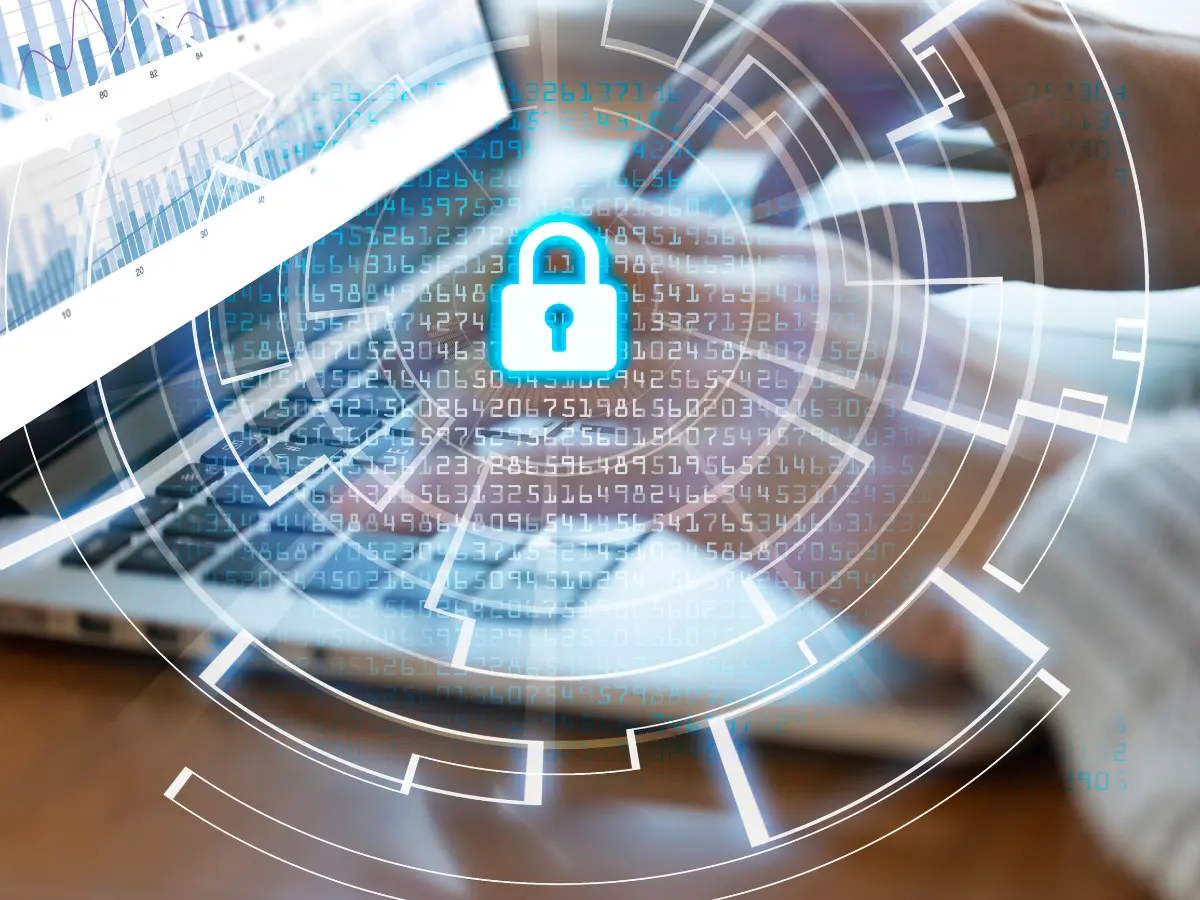Cybersecurity is the practice of protecting data, computers, servers, mobile devices, software, and all other hardware from malicious attacks. One thing is sure: the most valuable resource in today’s world is data, and it’s a justified fact. One look at the world, and we see an unfathomable evolution—digital transformation. Every industry has begun to embrace the digital space, and financial institutions are not left behind.
While we welcome the collaboration between technology and the financial industry, there’s a need to stay on top of the challenges it brings. So, as an individual who finds mobile payments lifesaving or a fintech startup trying to prevent cyberthreats, this article is for you.
Read on for the importance of cybersecurity in fintech, the challenges it faces, and the best practices to encourage it.
Cybersecurity in Fintech: The Landscape
Over the last few years, business as we know it changed, especially the financial industry. The fusion of finance and technology has changed everything. But the dangers increased just as much.
When it comes to cybersecurity, the fintech industry can be described with one word, “sensitive,” and its synonyms. Why? To carry out financial transactions on behalf of clients, sensitive data like credit card details, account balances, and pins needs to be stored.
Now, cybercriminals attack fintechs for these data—it’s that important. And the modus operandi of these malicious actors do not remain stagnant. They constantly come up with newer and better technology that outsmart whatever defence fintech companies use. All thanks to AI and self-learning software. So, what are Fintechs doing about it?
According to Gartner, 75% of companies intend to adopt new solutions that combat the growing global cybersecurity issue caused by new technology challenges. Fintech companies now embrace new cyber solutions and establish partnerships to strengthen their systems against online attacks.
Although the careless attitude of employees constitutes some of the chinks in cybersecurity in fintech, fintech employees are part of the most cyber-aware among other industries. To combat the loose-employee side, fintech companies now support cybersecurity with new and better ID solutions.
So, let’s move to the fun part.
Importance of cybersecurity in Fintech
To start with, cybersecurity in fintech serves as a shield for invaluable financial data such as personal information, account details, and transaction details. The consequences of a data breach in the industry can be catastrophic, going beyond identity theft and financial fraud.
Implementing cybersecurity is not just a luxury but a necessary practice. It’s important to keep the trust users place in these institutions. When a data breach occurs, fintechs face massive reputational damage, the likes of which they might never recover from. It’s a case of “once bitten, twice shy.” Victims of financial fraud will never trust the institution anymore. To prevent eventual shutdowns due to customer migration and legal consequences, implementing cybersecurity in fintech is crucial.
In addition, there’s a need to note that each individual fintech company’s part of a larger network. So, a successful cyberattack in one company is detrimental to others in the industry. To prevent a chain reaction, cybersecurity is best established.
The challenges to cybersecurity in fintech
Here’s a list of things that make cybersecurity more than a walk in the park
Data breaches
A data breach occurs when an unauthorised person gains access to personal and sensitive data. This can trigger negative consequences due to the nature of the breached data. For instance, there’s credit card fraud, where cybercriminals clear the victim’s account. And identity theft, when malicious actors perpetrate evil with the victim’s identity. As a fintech company, you must ensure adequate cybersecurity to prevent such occurrences. If not, the consequences will be dire.
Insider threat
An isider threat is a security risk to data that comes from inside the organisation—the staff. While fintech employees are more aware of cybersecurity than other industries, they aren’t perfect.
According to research by the think tank EndPoint Ecosystem, a little over 50% of finance workers believe security policies restrict the way they work, and 49% confess to finding a way to work around their security policies. This shows how much insecurity surrounds data in the fintech world.
New technologies
The emergence of sophisticated technologies heralds progress and spells doom at the same time. Yes, some technologies are welcome, like the blockchain. Blockchain technology provides a decentralised and immutable ledger that can improve the security and transparency of financial transactions.
But other technologies like AI and IoT increase the vulnerability of cybersecurity in fintech to cyberthreats. For example, IoT devices serve as an entry point for cyberattacks, while AI-powered attacks easily find loopholes in the security system.
With these, fintech companies best implement authentication and other access control methods to guard up.
Compliance with regulations
There’s a host of data protection regulations out there, and fintech companies are bound to a few of them. Some of the key data regulations include the General Data Protection Regulation (GDPR), the Payment Card Industry Data Security Standard (PCI DSS), and the Federal Information Security Modernisation Act (FISMA).
Non-compliance with these data regulations results in harsh penalties—either monetary fines or outright shutdowns. Now, GDPR compliance does not come cheap; it has some particularly expensive requirements, such as hiring a Data Protection Officer and conducting DPIAs (Data Protection Impact Assessments). The cost of compliance poses a challenge to cybersecurity in fintech, especially startups.
Third-party risks
Third-party vendors help the fintech industry a lot, especially startups who need to outsource services. Yes, they offer lots of assistance, but they bring additional risks to cybersecurity in fintech. Some third parties may not ensure adequate security against cyberthreats, and any fintech doing business with them becomes vulnerable.
The way forward is to make sure to outsource tasks to third parties with adequate cybersecurity measures in place.
Best practices for cybersecurity in fintech
Since we know the common cybersecurity threats in fintech, now’s the time to learn how best to prevent them and limit their impact. Here’s a list of the best cybersecurity practices for fintechs.
Conduct regular audits
Regular security audits will help you identify and fix potential security risks before cybercriminals do. That way, your fintech company’s ten steps ahead of malicious actors and you maintain customer’s trust.
Security audits should be carried out by experienced experts with a risk-based approach. With this, the audit will be thorough, and parts critical to the organisation are checked first.
Use access control methods
This involves identifying and classifying sensitive financial data and determining who gets access to it. It’s best to grant access to employees or third-party vendors who need such access for their respective duties. Also, Access should be updated regularly on a need-to-know basis.
Keep up with regulations
To stay up-to-date on regulations, fintech companies should establish a compliance program that includes monitoring changes in the requirements of data regulations. This can be done by subscribing to regulatory news alerts, attending industry conferences and webinars, and engaging with industry associations and regulatory bodies.
Educate your employees
As we’ve already established, employees have a huge role to play in cybersecurity. So, it’s important that they are educated on the importance of cybersecurity, the risks associated with it, and how to prevent a cyberattack.
For better efficiency, fintech companies must provide adequate cybersecurity training from time to time. These programs should cover topics ranging from phishing awareness to password security and so on. Also, staff must be on company cybersecurity policies and procedures, like how to handle sensitive financial data and how to report security issues.
Use multi-layered security approach
The best security measure is a multilayered one. It helps fintech companies increase protection against cyberattacks and help with regulatory requirements. To accomplish this, companies should conduct a risk assessment, develop a security plan, and evaluate their security details regularly.
Encrypt data
Data encryption technology scrambles sensitive data to an unreadable state. In the event that a cybercriminal gains access to the encrypted data, they still can’t read it without the decryption key. Data encryption is a perfect way to secure data while at rest or in transit; all fintech companies should implement it.
Trends in fintech cybersecurity
Below are some of the new trends for cybersecurity in fintech to keep you up-to-date.
Artificial intelligence (AI)
AI is a rapidly advancing technology that is reshaping the fintech sector. To keep AI systems secure and adhere to industry regulations, fintech companies should adopt a comprehensive AI security strategy. This approach should encompass secure AI models, high-quality data, continuous monitoring, security evaluations, and stringent access controls.
Blockchain
Blockchain works by using a network of computers to store data instead of keeping everything on a single central server. This setup makes it really secure because the data is encrypted and can’t be changed or messed with unless the whole network agrees.
Cloud computing
Cloud computing brings some tricky cybersecurity challenges for fintech companies. To keep cloud environments safe and meet industry rules, fintech companies should put a strong cloud security plan in place. This plan should cover things like proper access controls, data encryption, and regular monitoring.
Conclusion
Cybersecurity is very crucial to financial companies due to the nature of data they collect, use, and store. If you’re a fintech company, contact Johan Consults today for a full appraisal of your cybersecurity. Also, let’s help you with compliance with the GDPR, NDPR, and other data protection regulations.










